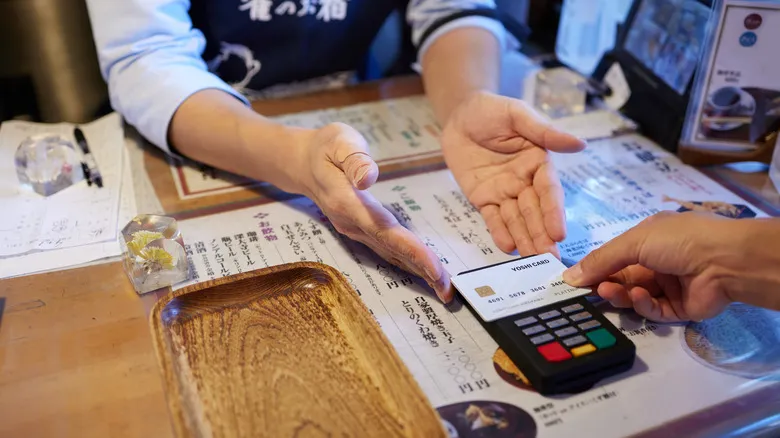Bring your check to the register
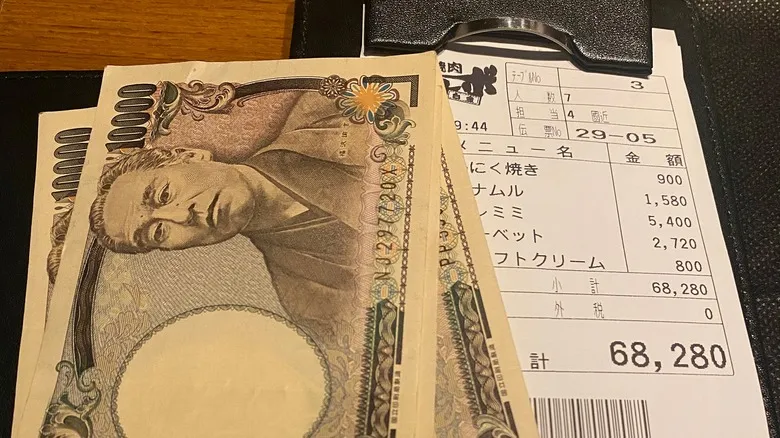
When you're ready to settle your bill, proceed to the register with your check. It's considered rude to hand your payment directly to the cashier. Instead, place your payment in the tray provided. While cash is still widely used in Japan, especially at small street food stalls, card payments are generally accepted as well.
During the payment process, expect some casual yet structured conversation. The clerk will typically confirm the amount due (as indicated on your check), the money you've given them, and the change you'll receive (bills first, followed by coins if you're paying with cash). Don’t worry too much about the small talk; simply responding with "yes," "please," and "thank you" is perfectly acceptable.
If you're paying with cash, it's courteous to present your bills in good condition, with minimal creases, and to align them all in the same direction. Many diners in Japan prefer to limit the coins they receive as change, so they may add coins to ensure they provide exact change. Small eateries might even inquire if you have change available to avoid breaking larger bills. Lastly, tipping is not customary. If you leave behind extra coins or cash in the tray after enjoying your traditional Japanese breakfast, the staff will likely make an effort to return it to you.
Recommended
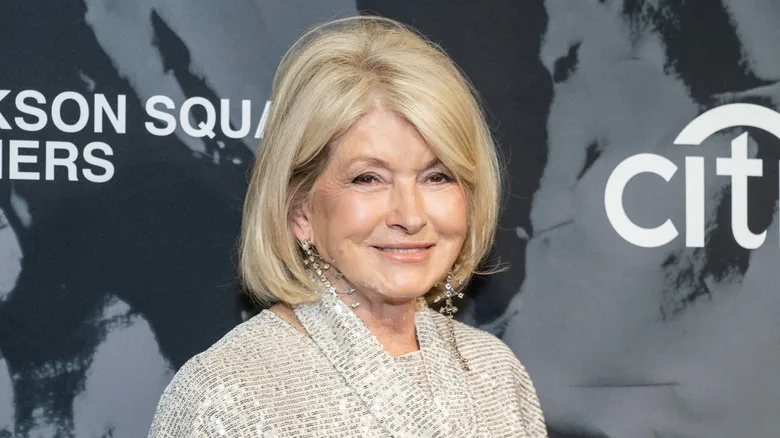
The Unique Cut Of Fish Martha Stewart Uses For Her Fish Burgers

11 Tips You Need When Cooking New England Clam Chowder
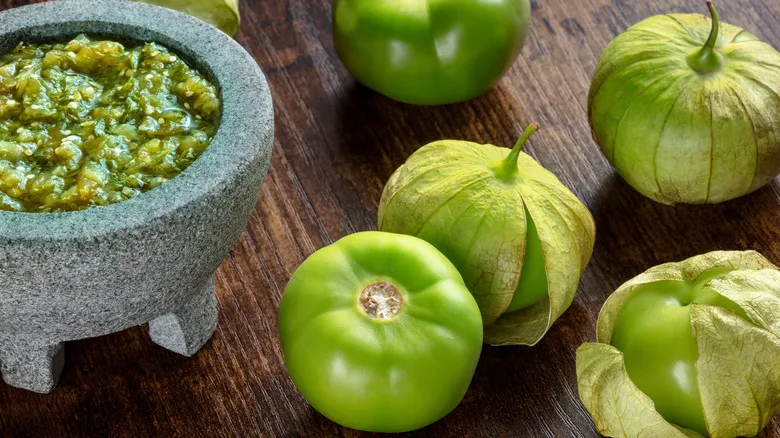
3 Expert Tips For Making Incredible Tomatillo Salsa Verde
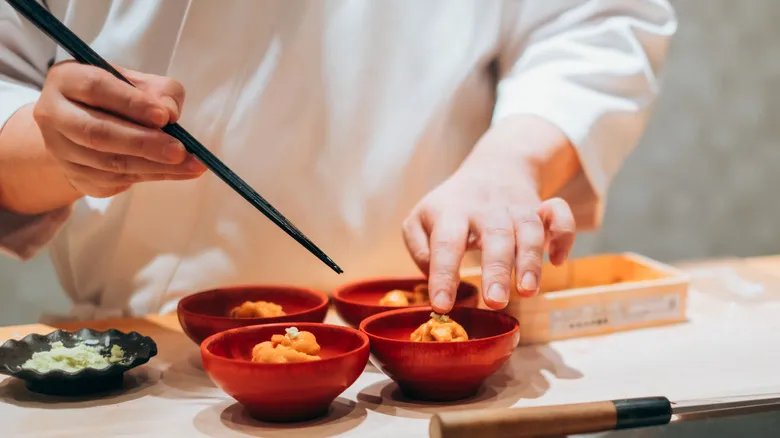
5 Ways You Aren't Using Chopsticks But Should Be
Next up

